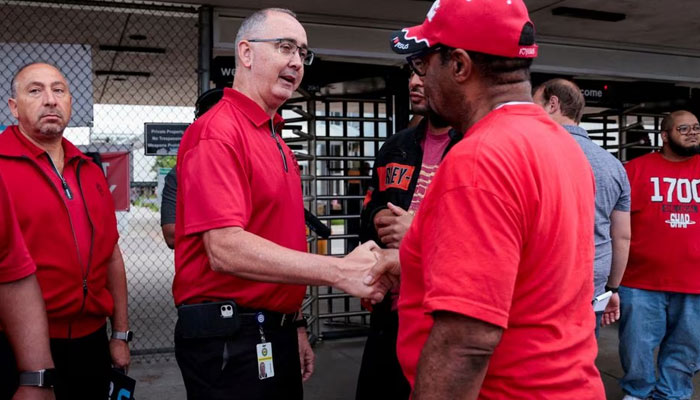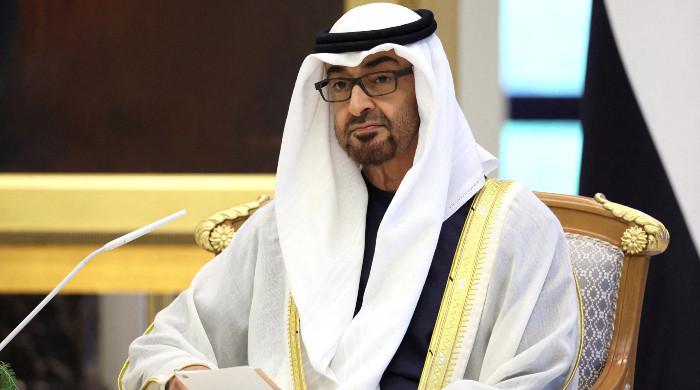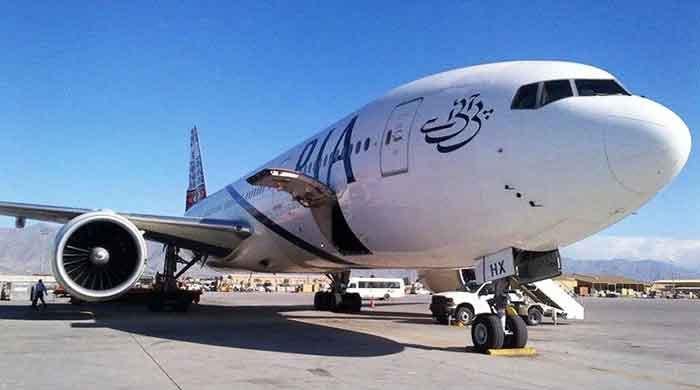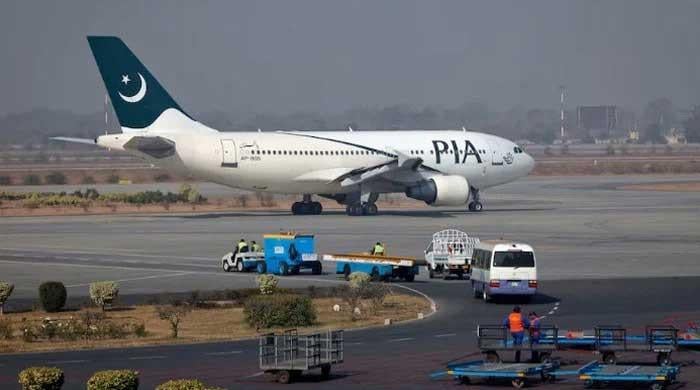Will UAW strike shake 'Big Three' despite 20% raise offers by GM, Ford?
As UAW strike deadline approaches for United Auto Workers (UAW), General Motors and Ford have offered 20% wage hike
September 15, 2023

General Motors (GM) has revised its contract offer, proposing a 20% wage increase for US autoworkers, including a 10% raise in the first year, in a bid to prevent an impending strike set to commence at 11:59 p.m. if no agreement is reached.
Negotiations between the United Auto Workers (UAW) and major automakers have been ongoing, with potential implications for the US auto industry.
As the expiration of contracts at General Motors, Ford, and Stellantis approaches, the United Auto Workers (UAW) has stood on the brink of an unprecedented strike against the "Big Three" automakers, with General Motors (GM) raising its proposed wage increase to 20%. The escalation in the wage offer comes as negotiations continue, aiming to avoid the potential disruptions of a strike.
GM's latest offer includes a 20% wage hike for US autoworkers, with 10% allocated in the first year, in a bid to avert the strike scheduled to begin if no deal is reached by the looming deadline. Ford also previously offered a 20% raise, while the UAW has outlined its demands, including the restoration of defined benefit pensions, shorter work weeks, cost-of-living adjustments, job security guarantees, and the cessation of temporary worker usage.
The UAW's strategy involves a gradual expansion of strikes to maintain a strong bargaining position, a plan that could impact the companies involved and maximise the union's leverage. Despite the ongoing negotiations, concerns loom about the potential consequences of a strike for the U.S. auto sector and its workers.
Ford CEO Jim Farley expressed frustration at the apparent lack of progress in negotiations, warning of potential disruptions if key plants, like the Livonia transmission plant, were to strike. A lengthy strike could not only affect automakers but also put pressure on suppliers and slow the industry's recovery once resolved.
With the UAW demanding a 40% wage increase, the negotiations reflect the ongoing tension between workers and corporations in the auto industry.









